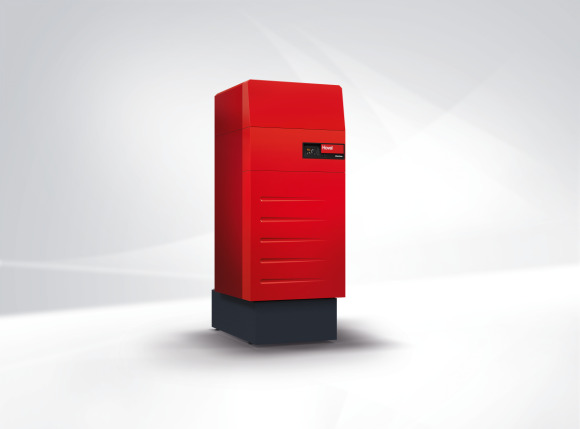Decarbonising with Hoval

Decarbonising with Hoval
As the world looks for alternatives to burning fossil fuels, hydrogen is rapidly becoming a favoured option for such applications. At Hoval, we believe this is the logical route to take for our boilers – ideally alongside other low carbon technologies.
- Blog
- End customer - Investor

For those reasons, specifiers and end users that are considering replacing their heating plant need to build in an element of future-proofing by ensuring such plant is compatible with the fuels of the future. To that end, the latest generation of Hoval boiler, the UltraGas 2, is now ready for use with hydrogen, as well as biomethane.
A need for combustion
While some may argue that boilers can be replaced completely by technologies such as heat pumps, reality does not reflect that. There’s no question that heat pumps have a very important role to play in aiming for net zero carbon but, on their own, are unable to meet the temperatures required by many space heating, domestic hot water and process heating applications (see ‘Air Source Heat Pumps Contribute to Zero Carbon Transition’) for more information.
Given this reality, the emphasis is on making combustion equipment ‘cleaner’ in terms of carbon and other emissions. This makes hydrogen the ideal fuel of the future, as the waste product is water.

Future-proofing
There are also different types of hydrogen (see ‘Future Combustion with Hydrogen’) and at the moment most of the UK’s 27 TWh of hydrogen production is manufactured from natural gas, with carbon dioxide as a waste product. As carbon capture and storage techniques evolve this ‘blue hydrogen’ will become more acceptable.
So at the moment, there is plenty of capacity for switching to hydrogen, even if it means using blue hydrogen for a while. At least the switch to green hydrogen will then be seamless when the time is right. To that end, the UK government is investing £900m in various hydrogen projects and expects to be generating 5GWh of green hydrogen by 2030.

Summary

